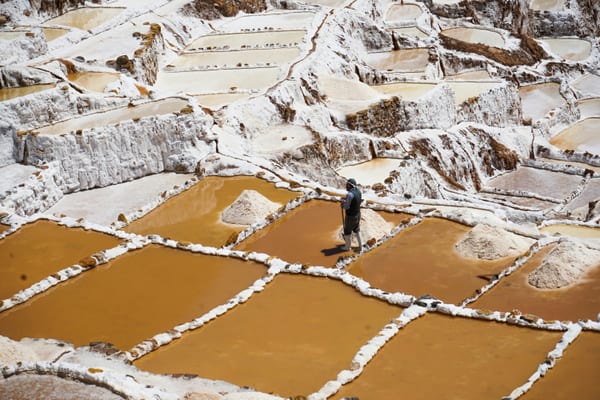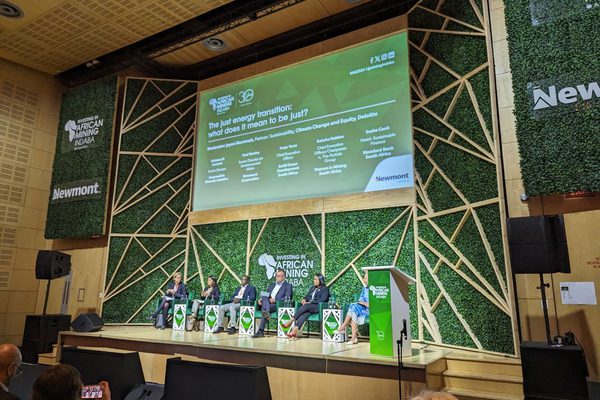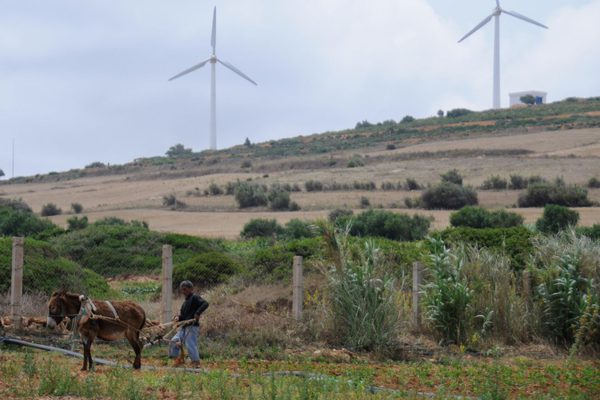Multi-Stakeholder Dialogue on Security and Human Rights in Kenya’s Extractives Sector
4 February 2015

Kenya’s nascent extractive industries have attracted debate, with oil and gas exploration notably facing public expectations of major benefits.
But as well as recently falling international oil prices, there have been concerns of rising social and political tensions if such resources are not managed accountably and of direct human rights risks if the possible damages of extractive activities on communities are not addressed.
A crucial issue is whether Kenya has appropriate security arrangements in place, matching protection of installations with a commitment to the rights of all citizens. Allegations and incidents of abuses involving public security forces and private security providers in Africa and elsewhere linked with extractive industries have a long history.
This IHRB report records the insights and views shared at a ground-breaking multi-stakeholder dialogue in October 2014 organised in partnership with the Kenya National Commission on Human Rights and with the support of the British High Commission. Held as part of the Nairobi Process, the event brought together for the first time Kenyan representatives from national government, counties, parliament, companies, civil society, defence and security providers and regulatory bodies to discuss jointly the issues at stake, with lessons shared from elsewhere in Africa on relevant tools such as the Voluntary Principles on Security and Human Rights.
Analysing security and human rights in the context of the conflict and governance challenges facing Kenya, the report sets out possible next steps for continued stakeholder dialogue to promote positive changes in policy and practice in relation to the country’s extractives sector.




